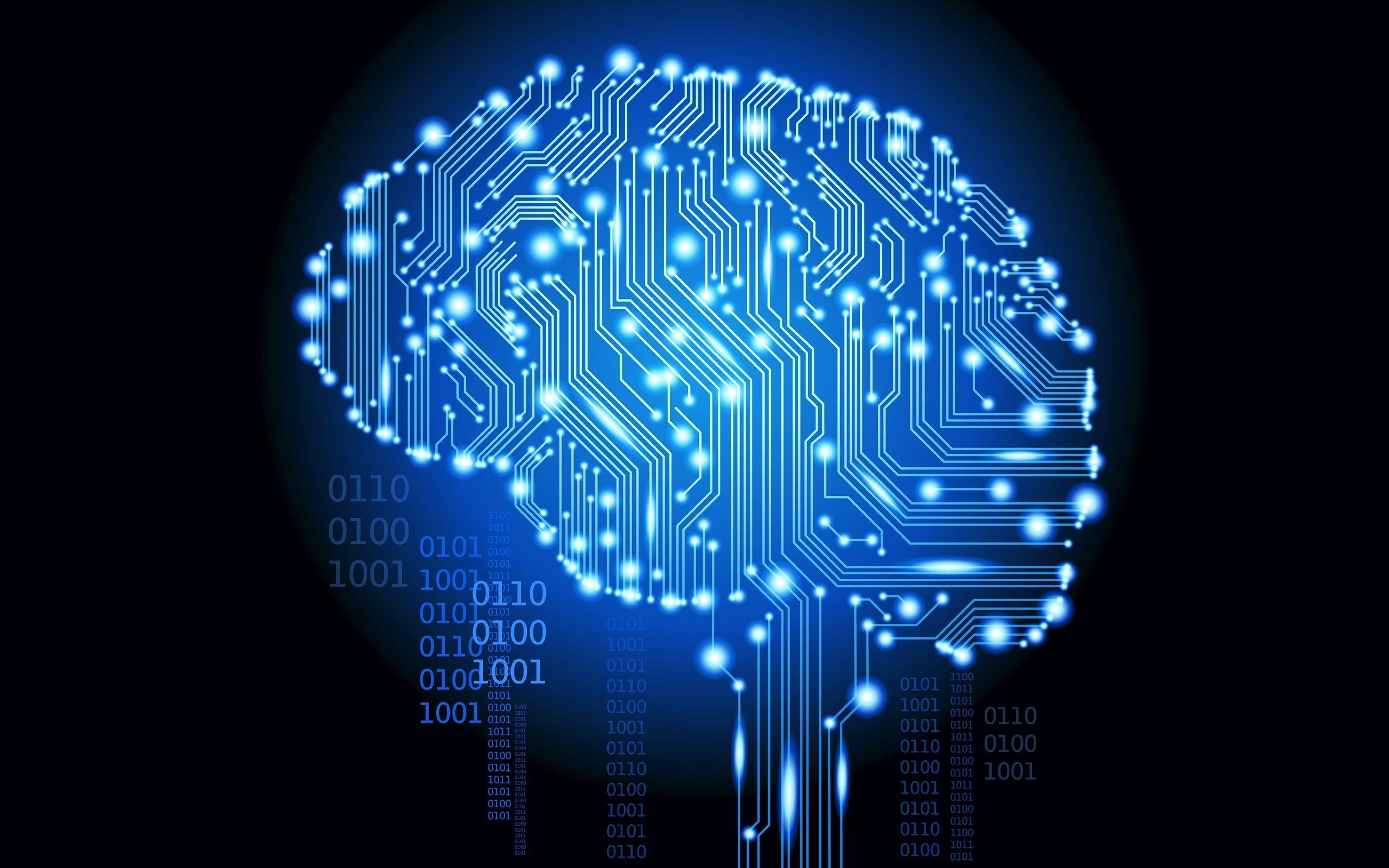There exists a remarkable hype about the proliferation of AI in healthcare. The potential of Artificial Intelligence in healthcare is momentous, but is the industry prepared to embrace the transition in everyday care? The answer is – not yet. Most healthcare service providers are still on their journey of digitizing their processes and tools to pave the way for Artificial Intelligence.

However, all this is changing at a fast pace. Artificial Intelligence is currently driving the operations of research, purchase, and implementation of IT in the healthcare industry. Innovative breakthroughs are being announced every day, with thousands of healthcare providers competing hard to have a share of this lucrative market. The drive to offer brilliant patient care and build competitive advantage is pushing the healthcare industry to prepare for AI.
But infusing Artificial Intelligence into an organization isn’t like dipping a teabag into a cup of water. It should be intelligently deployed and in a measurable manner. Many researchers believe that healthcare and human beings will “gel” seamlessly with AI and its related technologies. However, this isn’t the scenario. Deploying Artificial Intelligence may affect the workforce in a significant manner.
Impact of Automation on Workforce
In today’s era of digitalization and Artificial Intelligence, the risk of automation will continue to affect individuals involved in routine, cognitive and predictable tasks. The healthcare industry is also not unique in this regard. There is a significant scope of automation, which could disrupt current technical occupations and role of healthcare practitioners.
To aggravate the condition, recent surveys reveal that over 75 percent of healthcare providers have increased investments in the field of Artificial Intelligence. Amongst this, 55 percent of the organizations are invested over $50 million in AI. This can potentially increase the risk of AI or automation affecting several occupations in the healthcare industry.
Keeping this in mind, the Brookings Metropolitan Policy Program recently published a report stating the need to bring changes in workplace culture and education to enable healthcare organizations to cope with the AI transition.
Embrace the Transition
According to the report, healthcare providers should learn to look at technological growth in a positive manner to pave the way for integrating AI into their organizations. “Not doing so may stifle job growth and economic productivity,” suggests the report. “Also critical is urgent investments in the development of effective human-AI collaboration; humane and ethical automation and AI; and the legal and societal implications of these technologies,” it added.
Facilitate a Learning Mindset
The healthcare industry’s transition towards Artificial Intelligence will require the workforce to promote a learning mindset and “use it to work both with machines and in ways, machines cannot.” The healthcare organizations should consider “reskilling” their people by providing better access to learning and certification and making it financially accessible.
“Colleges and universities must also overhaul curricula in computer science and related fields. In this regard, expanded course offerings in hardcore technical fields like computer, data and cognitive science will grow in importance,” suggests the report.
The report also stated that in cases where healthcare workers are displaced from their job roles due to AI, it should be the responsibility of the government bodies to take charge of such workers.
sepStream® offers 100% cloud-based EMR/RIS/PACS solutions to meet your diverse diagnostic imaging requirements in an affordable manner. The solutions provide all the tools vital to minimize costs, prevent burnout, and earn a competitive advantage.